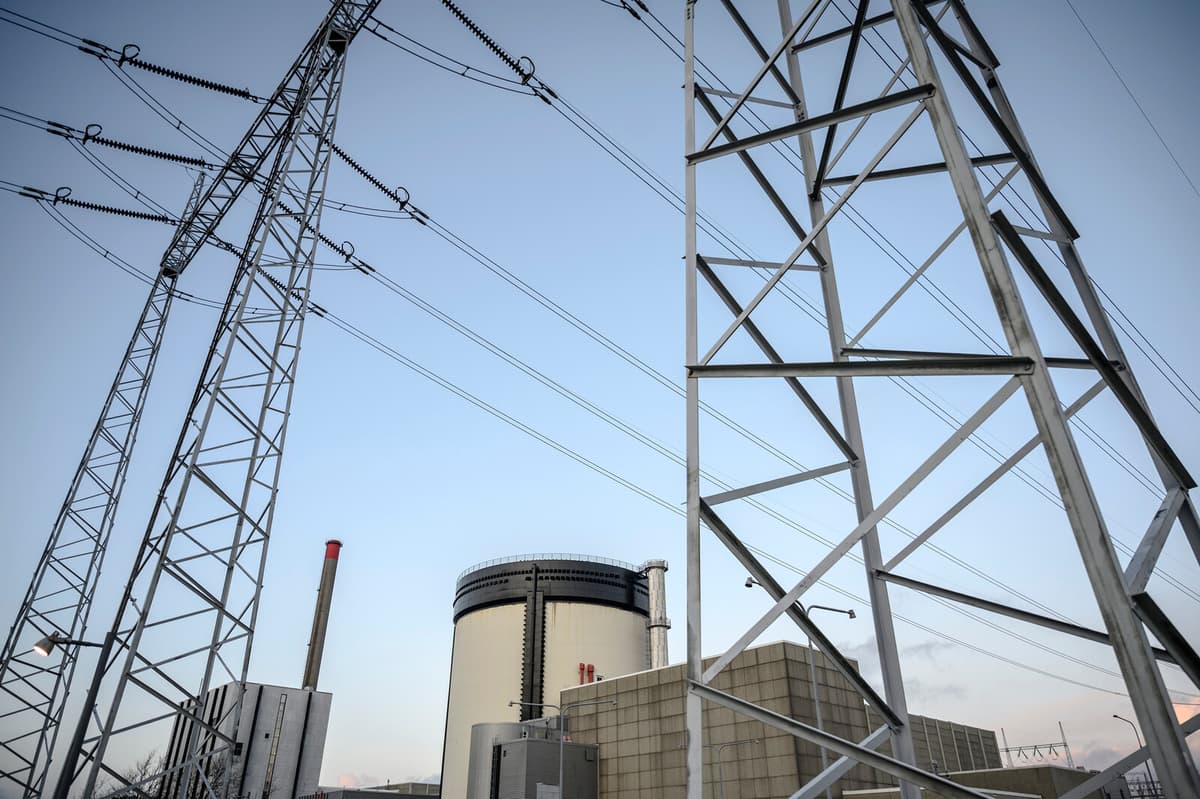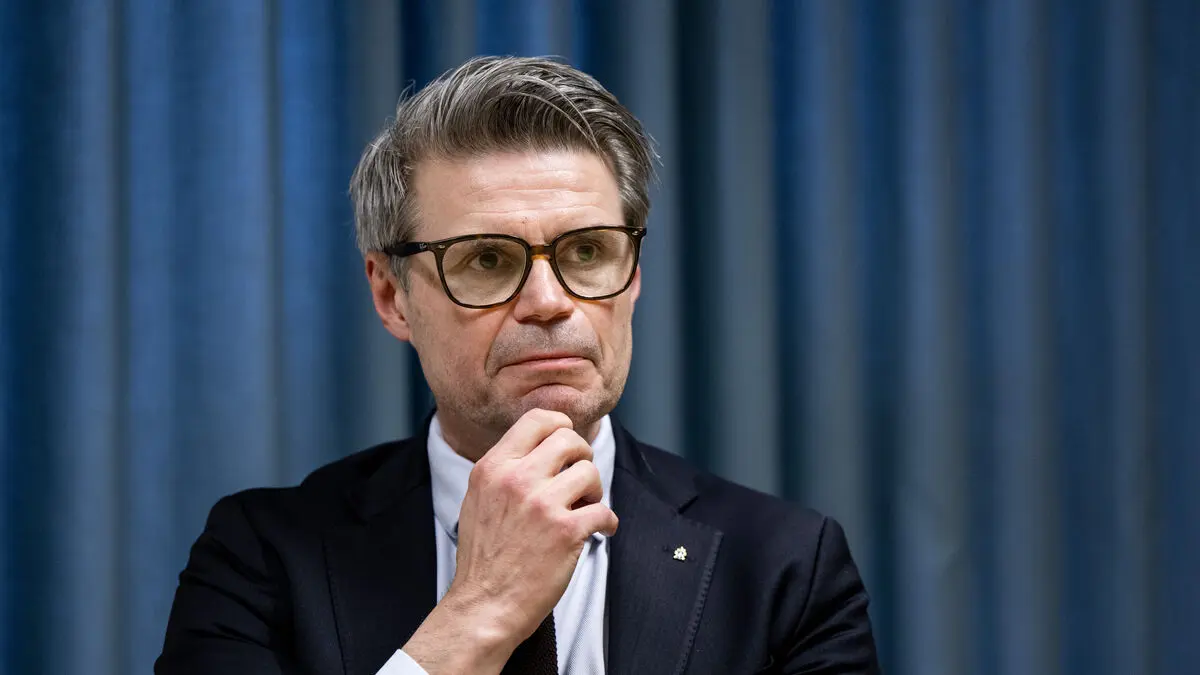The fact that the government and SD want to build new nuclear power is no secret. But for it to happen, the state must guarantee the enormous costs of nuclear power builders. This is what today's parliamentary debate and decision are about. No state financing, no new nuclear power.
Then the companies will not invest in nuclear power, because it will not be profitable, says Thomas Tangerås, professor of national economics at Mälardalen University and expert on electricity markets.
There are many uncertainties. How much will consumption increase, what will the electricity price be, how expensive will it be to build new nuclear power, and who will pay? And what happens to other electricity production, and what happens if other future better and cheaper technologies outcompete nuclear power? On top of that, there is political uncertainty.
Many experts have taken issue with this when criticizing the government's proposal for being too superficially analyzed.
The whole thing can be summed up in two questions, according to Tangerås.
Can we build this electricity production in a cheaper and better way? And the electricity production we actually build, is it worth the money?
Here are the challenges in point form:
How expensive will it be to build?
Around 400 billion kronor for four reactors is mentioned. But the risks are great that the costs will escalate. Experiences from other countries, such as Finland and the UK, show that it has become much more expensive and delayed.
How much electricity is really needed?
Assessors' scenarios point to a doubled need by 2045. But it is highly uncertain. The last 40 years have not seen an increase in consumption, rather the opposite. And the electricity-intensive industries, many in northern Norrland, have postponed plans or shut down.
The great risk for Sweden as a whole is that one builds an oversized electricity system that becomes much more expensive than what one actually needs, says Thomas Tangerås.
What will the electricity price be?
It must not become too cheap, which can happen if more production than consumption comes. Then the calculations do not add up and the bill ends up with taxpayers and customers, according to how the legislative proposal is designed. When Ringhals decided to shut down two reactors ten years ago, electricity cost low 20-30 öre/kWh.
What happens to other electricity production?
Several remiss instances have pointed out the risk that other electricity production will be outcompeted. It may become less profitable to invest in new wind power, as well as in additional investments to enable old nuclear reactors to be operated longer. New modern technology can outcompete the intended new nuclear power that is built on the assumption that it will last for at least 80 years.
Political uncertainty
Vattenfall has come the furthest in its plans for new nuclear power, but investment decisions are not expected until perhaps 2029.
And a new government does not have to approve this, says Tangerås.
The government's proposal for financing new nuclear power is based on three parts:
Loans. The state will stand for 75 percent of the construction cost in the form of loans of approximately 300 billion kronor for four reactors. This is because the state can borrow more cheaply.
Price guarantee. A 40-year minimum electricity price will be guaranteed for nuclear power owners. If the price becomes "too low", the owners are guaranteed a certain minimum price. The middle difference will be paid by customers.
Risk sharing. A system for risk and profit sharing where nuclear power owners and the state share risk and profit depending on how expensive it becomes to build.






